Trying to lose weight often means sifting through countless diet trends and fitness regimes. But one of the most scientifically backed strategies is surprisingly simple—upping your protein intake, especially through protein powders.
Increasing protein intake is crucial for building muscle, which helps retain muscle mass and supports metabolism during weight loss efforts. Whether you’re new to protein shakes or curious about the best protein powder for fat loss and muscle gain, this article offers a complete, evidence-based guide to support your weight loss journey.
Introduction to Weight Loss
Losing weight can be a challenging and complex process, but incorporating protein shakes into your diet can be a helpful tool.
When combined with a healthy diet and regular exercise, protein shakes can aid in weight loss and help you achieve your goals. Whey protein, in particular, is a popular choice for weight loss due to its high concentration of essential amino acids, which can help promote muscle protein synthesis and support lean muscle growth. By ensuring you get enough protein, you can maintain muscle mass while losing body fat, leading to a healthier and more toned physique.
Before: The Struggle to Lose Weight
Let’s face it—losing body fat is rarely straightforward. Many Australians struggle with inconsistent energy levels, cravings, and lack of results despite eating less and exercising more.
For individuals with excess weight, a high protein diet can help by improving appetite regulation and preventing muscle loss. One major, often overlooked issue?
Not getting enough protein. A high protein diet can improve weight loss outcomes by enhancing feelings of fullness, boosting metabolism, and supporting muscle gain when combined with exercise. A diet low in dietary protein can make it difficult to maintain lean muscle mass, which slows metabolism and encourages weight gain over time.
After: Leaner, Stronger, and More Energised
Imagine feeling satisfied after meals, maintaining lean muscle, and watching the scales tip in your favour—all while consuming more food. That’s the power of high protein diets, particularly when supported by the right protein supplements.
Studies show that when you drink protein shakes, especially post-workout, you support muscle protein synthesis, which helps maintain a faster metabolism and promotes fat loss instead of muscle loss. Additionally, consuming extra protein can help individuals feel fuller, aiding in managing their caloric intake.
The Bridge: How Protein Powders Help You Lose Weight
Protein is a thermogenic macronutrient, meaning it takes more energy to digest compared to fats or carbs. This is known as the thermic effect of food, and it slightly increases your daily calorie burn.
Consuming protein powder also increases satiety hormones (like GLP-1 and PYY), helping you stay fuller for longer and reducing snacking urges.
Additionally, when paired with resistance training, high protein intake helps preserve or even build muscle mass, which is essential for a healthy metabolism. That means more energy burned—even at rest.
Adequate protein intake can also prevent losing muscle during weight loss efforts, ensuring that you lose body fat without compromising muscle mass. This is particularly important for maintaining metabolic rate and supporting overall weight management.
Drink Protein Shakes for Weight Loss: When and How
The most effective way to use protein shakes for weight loss is to consume protein powder at optimal times, such as as a meal replacement or post-exercise refuel. One shake typically contains 20–30 grams of protein, and can be a great way to control calories while ensuring adequate nutrition.
Drinking protein shakes before bed or after workouts can enhance muscle protein synthesis and support muscle recovery.
Try drinking a protein shake:
-
In the morning as a breakfast alternative
-
After workouts to support muscle synthesis
-
As a snack to control appetite between meals
Incorporating Protein Shakes into Your Diet
Protein powders, such as whey protein, soy protein, and pea protein, can be mixed with water or a low-calorie beverage to create a quick and easy snack or meal replacement. When choosing a protein powder, look for one that is low in added sugars, artificial flavourings, and sweeteners.
Aim to consume 1-2 scoops of protein powder per day, depending on your individual protein needs and weight loss goals. It’s also important to note that protein shakes should not replace whole foods, but rather supplement your diet to help you meet your daily protein needs.
By integrating protein shakes into your routine, you can ensure you’re getting enough protein to support muscle maintenance and fat loss.
How Much Protein Do You Need?
The recommended dietary allowance (RDA) for protein is 0.8 grams per kilogram of body weight. However, for those trying to lose body fat or build lean muscle, intake may need to increase to 1.2–2.2 grams per kilogram.
For example: A 70 kg adult may require 84–154 grams of protein daily for optimal body composition and fat loss.
Best Protein Powders for Weight Loss
Whey Protein
A milk-based protein powder that absorbs quickly and is rich in essential amino acids. Ideal for muscle growth and post-workout recovery.
Casein Protein
Another dairy-based protein, but slower digesting. Great for nighttime use to support overnight muscle synthesis.
Pea Protein
Hypoallergenic and plant-based, this protein supplement is easy to digest and works well for those with intolerances.
Rice Protein powder
Made from brown rice, it's a good source of plant protein, though often lower in lysine, an essential amino acid.
Weight Loss Maintenance: The Long Game
Sustainable weight loss isn’t just about the kilos dropped—it’s about keeping them off. A higher protein diet supports long-term weight management by helping retain lean muscle and stabilise hunger levels.
Higher protein intake, varying from 1.0 to 1.6 grams per kilogram of body weight per day, can help stabilize hunger levels and prevent weight regain. A high protein group in multiple studies showed significantly less weight regain over a 6–12 month period compared to lower protein groups.
Comparing Animal Based vs Plant Based Protein Powders
|
Type |
Digestibility |
Amino Acid Profile |
Best For |
|---|---|---|---|
|
Animal based protein powders (derived from cow's milk) |
High |
Complete |
Quick muscle recovery, athletes |
|
Plant based protein powders |
Moderate |
Variable |
Vegans, food sensitivities, digestion-friendly |
Tip: Blend pea protein with rice protein to create a more complete plant protein option.
Healthy Diet and Protein Shakes
A healthy diet is essential for weight loss and overall health, and protein shakes can be a useful tool in supporting your dietary goals. When combined with a balanced diet that includes plenty of fruits, vegetables, whole grains, and lean protein sources, protein shakes can help you lose weight and maintain muscle mass.
Aim to consume 0.8-1.2 grams of protein per kilogram of body weight per day, spread out over 3-5 meals. For example, if you weigh 70 kilograms, aim to consume 56-84 grams of protein per day.
You can achieve this by consuming a variety of protein-rich foods, such as lean meats, fish, eggs, dairy, and plant-based protein sources, and supplementing with protein shakes as needed. Additionally, be sure to drink plenty of water and limit your intake of added sugars, saturated fats, and refined carbohydrates.
This balanced approach will help you achieve and maintain a healthy weight while supporting overall well-being.
Final Thoughts about protein powder and weight loss
Protein powders aren’t magic—but they are powerful tools. By boosting your dietary protein, you not only encourage muscle growth but also set the stage for effective, lasting weight loss. Whether your preference is whey, casein, or plant-based blends, there’s a formula suited to your needs.
Make sure to integrate shakes into a balanced diet, focus on complete proteins, and tailor your intake based on your body weight and goals.
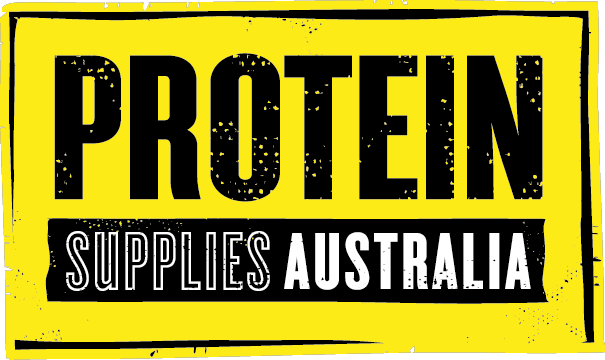
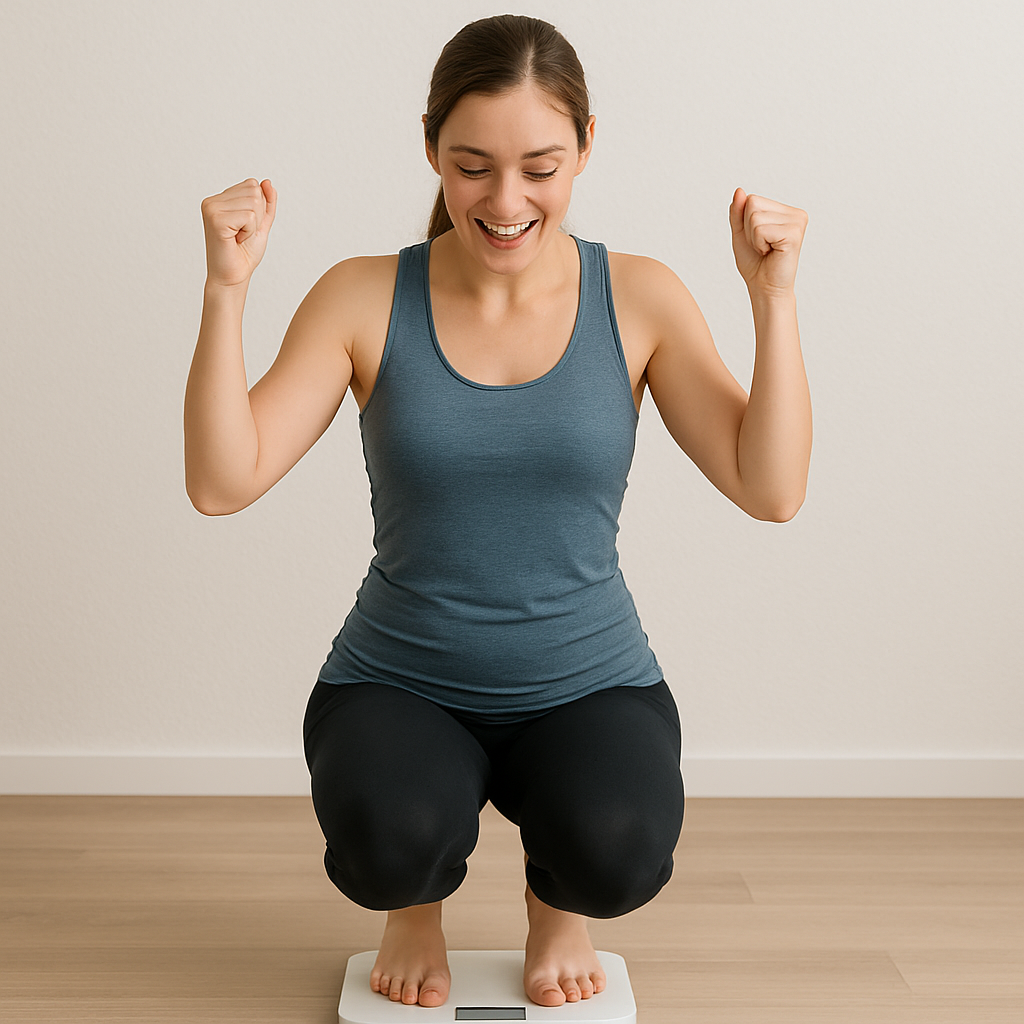
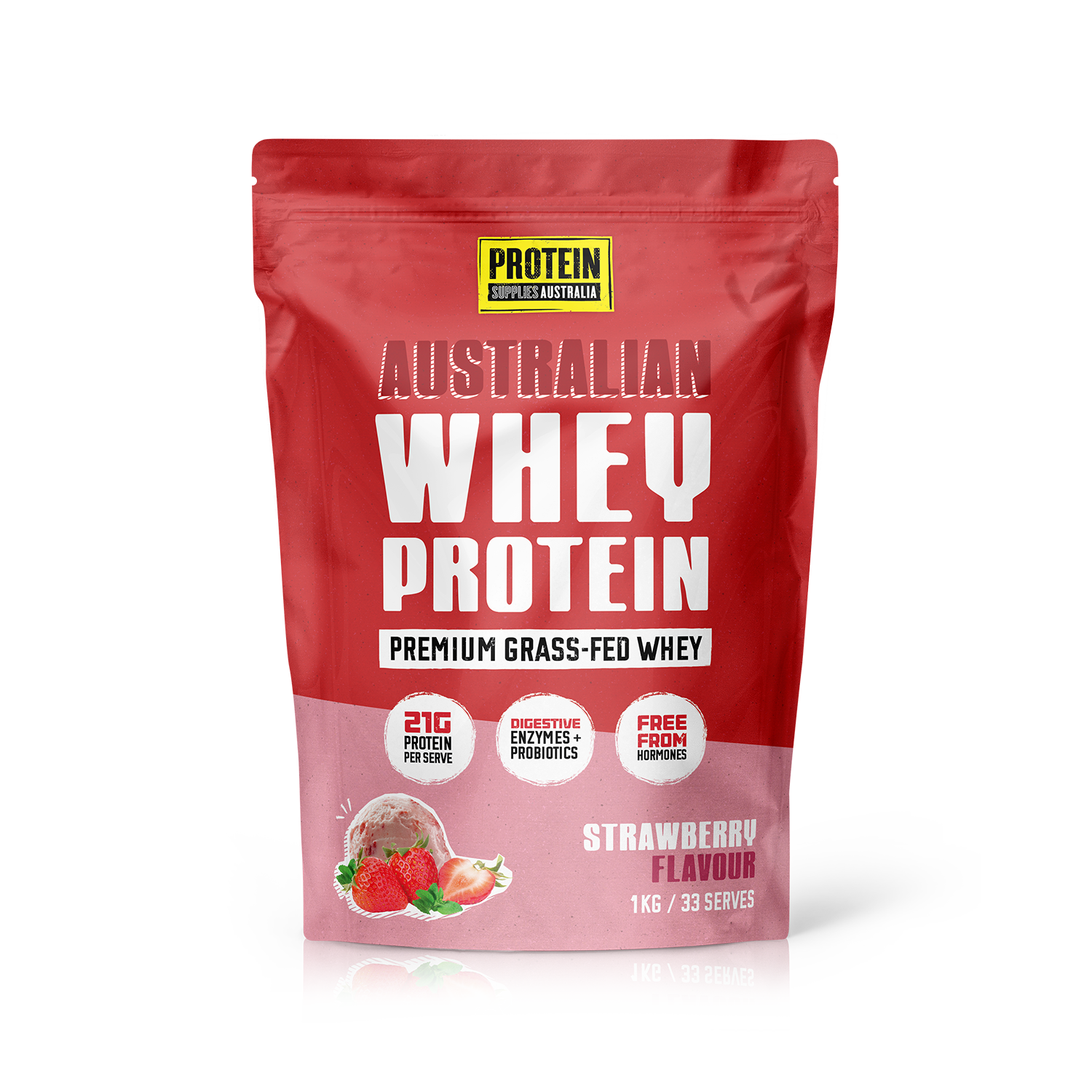
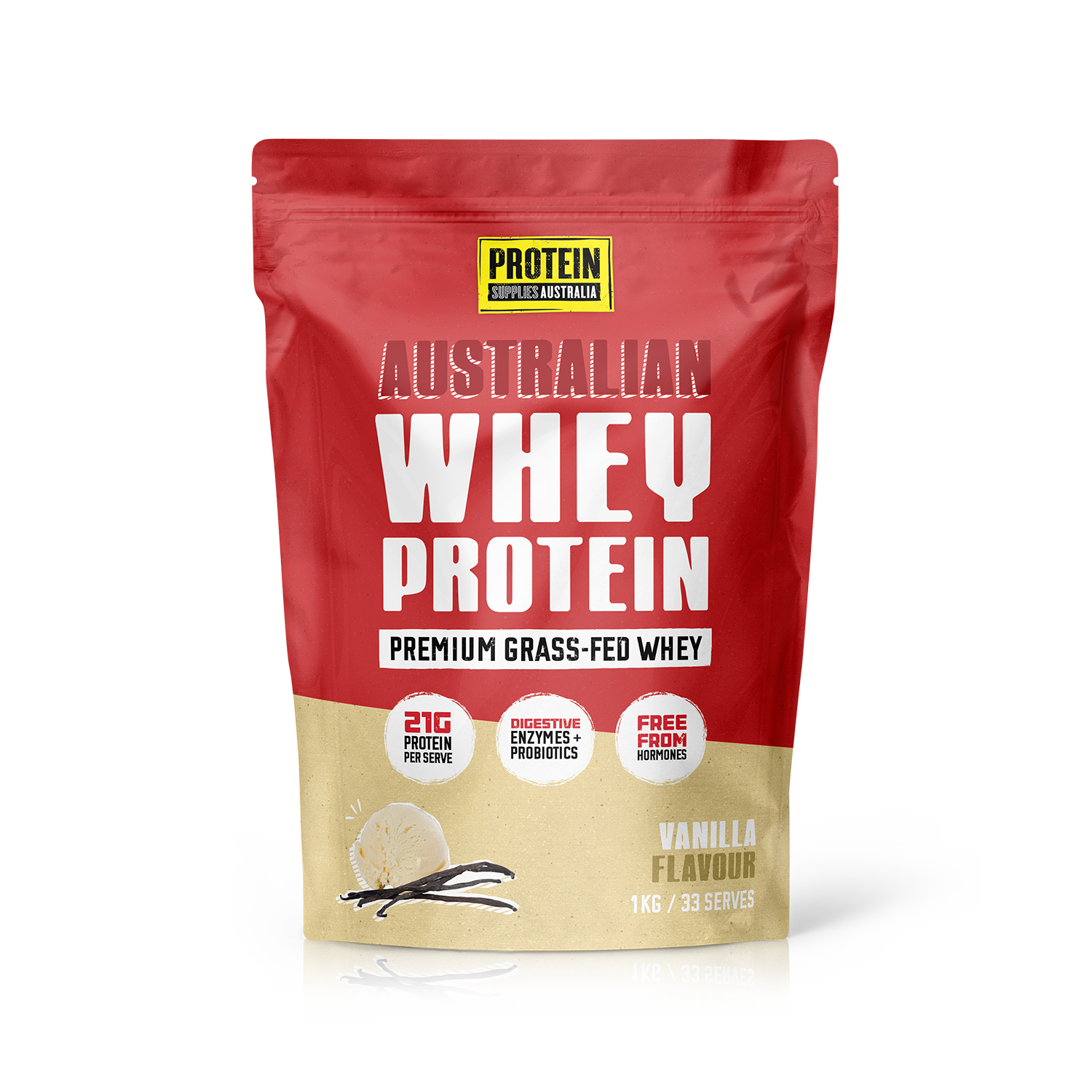
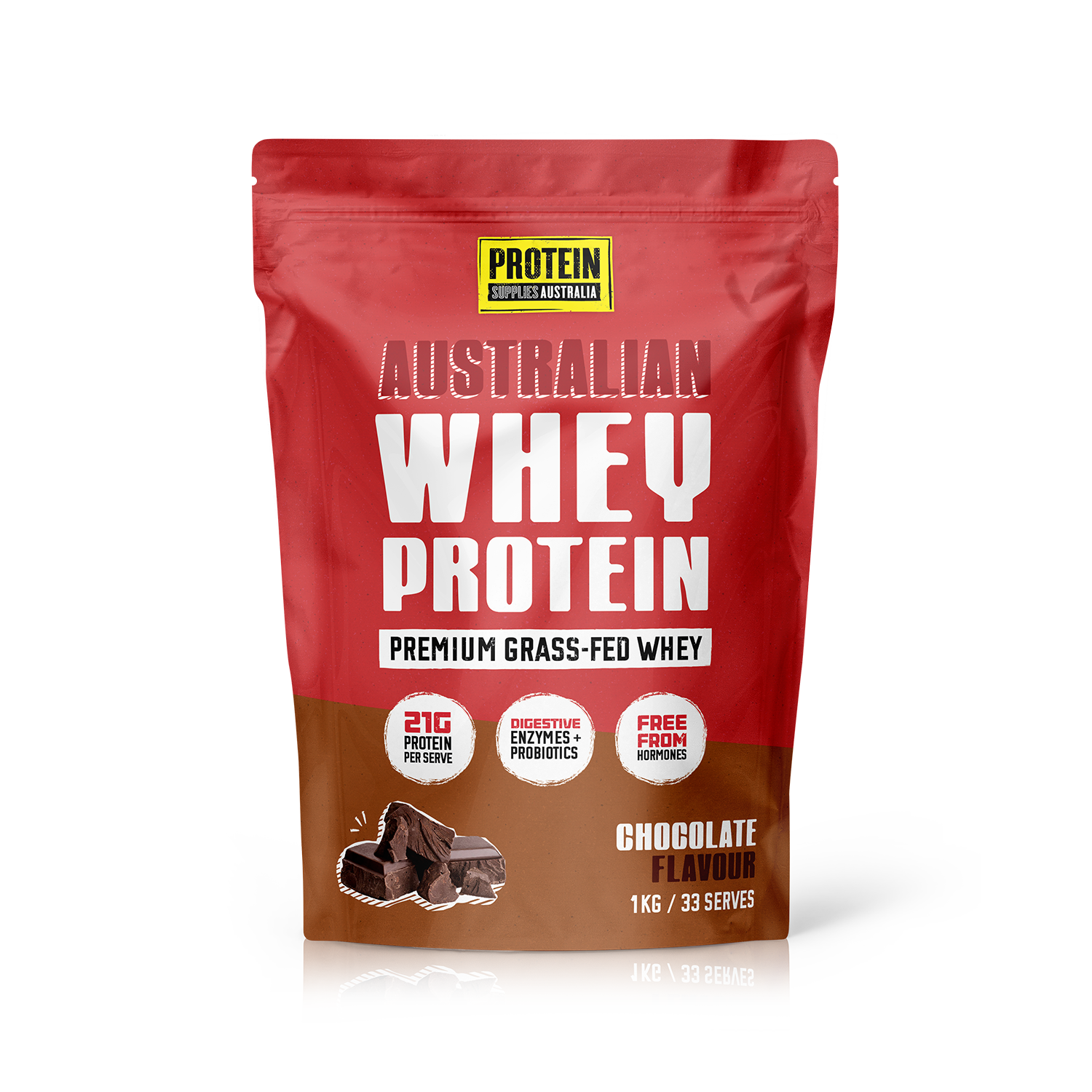
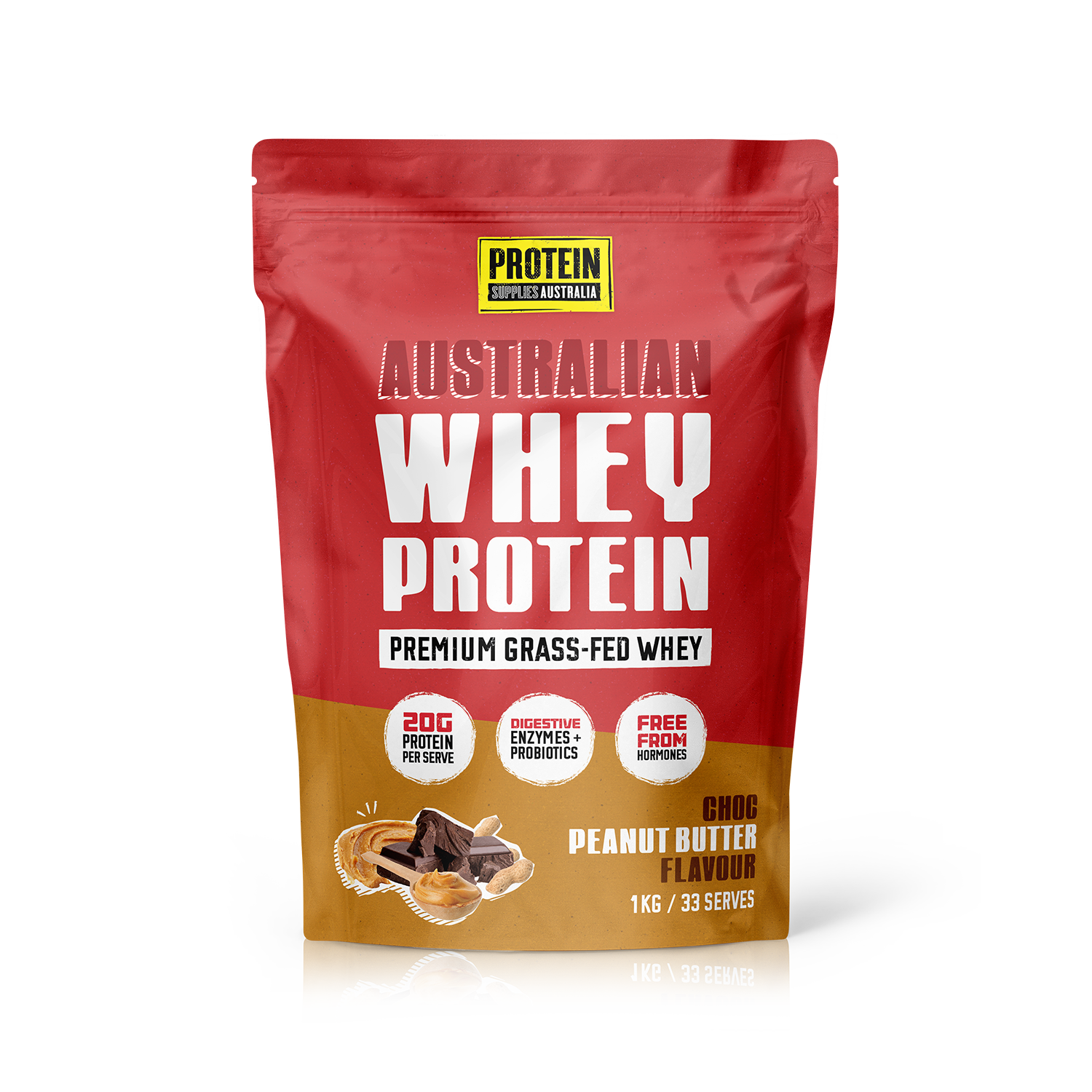
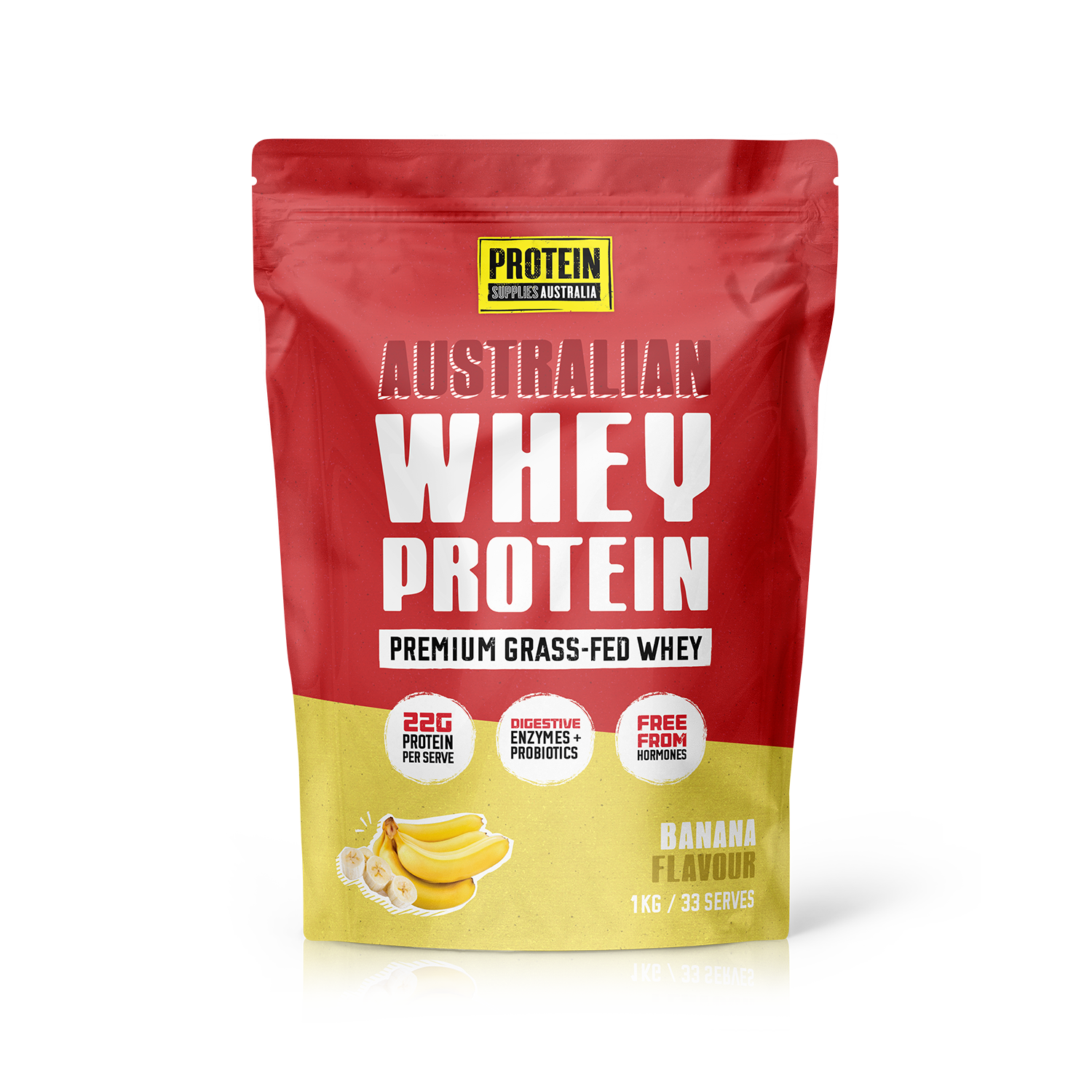
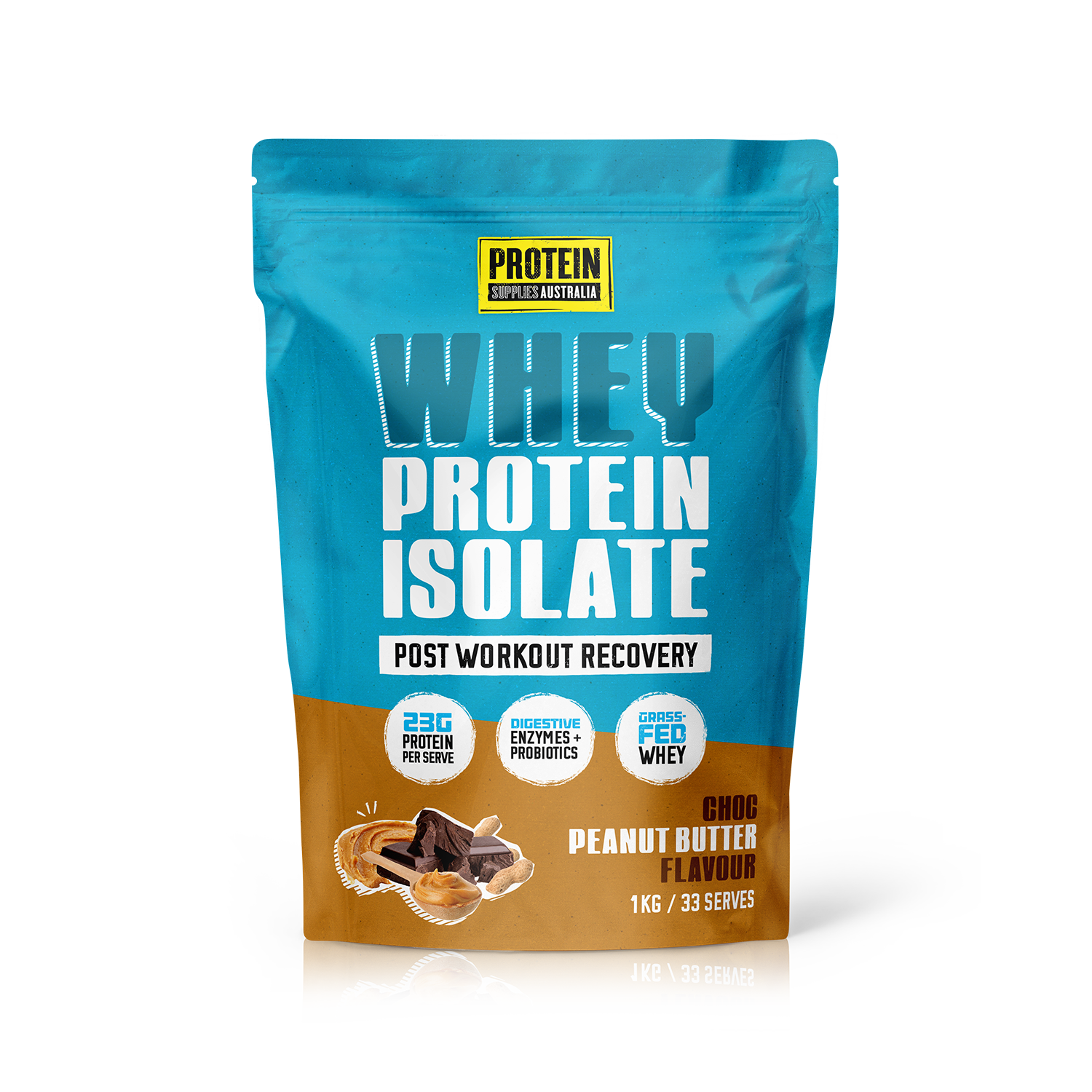
How Much Collagen Should You Take per Day?
What’s the Best Time to Take Magnesium?